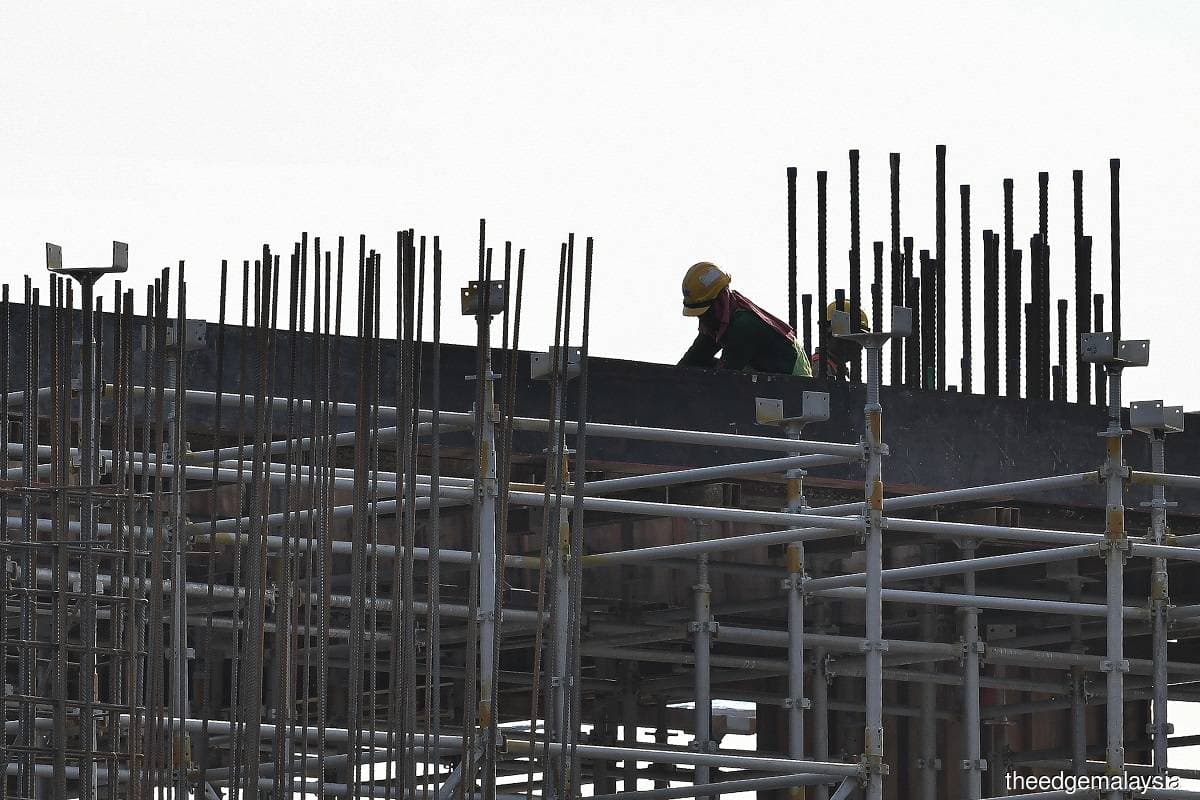
KUALA LUMPUR (Sept 7): RHB Investment Bank (RHB IB) Research has maintained its "overweight" rating on the construction and engineering sector and said it remains upbeat on the construction sector, premised on the lifting of the political overhang post state elections.
In a sector update on Thursday, the research house said that moving forward, the federal government may now be able to focus its efforts to roll out big-ticket infrastructure projects, in addition to implementing institutional reforms.
“As such, we do not discount the possibility of any of the infrastructure projects making a debut in 4Q2023 (fourth quarter of 2023) at the earliest.
“Our top picks are Gamuda Bhd, Sunway Construction Group Bhd and Kerjaya Prospek Group Bhd,” it said.
RHB IB said the value of construction works done in 2Q2023 reached RM32.4 billion, up 8.1% year-on-year (y-o-y).
It said that in the same period, the economic output of the construction sector grew 6.2% y-o-y, marking the fifth consecutive quarter of y-o-y growth.
“The ample supply of labour, combined with receding material cost pressures, put contractors in a good position to not just ramp up the progress of their projects, but also be ready to accept new jobs that may boost earnings visibility.
“We keep Gamuda as the sector top pick, in addition to Kerjaya Prospek and Sunway Construction,” it said.
RHB IB said it prefers these companies for their commendable earnings visibility over the next three to six years.
“Gamuda has a sizeable presence overseas — serving as a strategic hedge to any domestic weakness. Kerjaya Prospek has a framework arrangement with Samsung C&T, which would enable it to secure more private sophisticated jobs (backed by its net cash pile).
“We also favour Sunway Construction for its diverse tender book, which features a steady flow of internal jobs together with industrial infrastructure contracts, [including] the Song Hau 2 power plant project (pending financial close) in Vietnam, [which] will lift its order book by circa RM6 billion,” it said.
The research house said key downside risks to the sector weighting are longer-than-expected delays in contract rollouts, and larger-than-expected cost reductions related to the Mass Rapid Transit 3 project.

